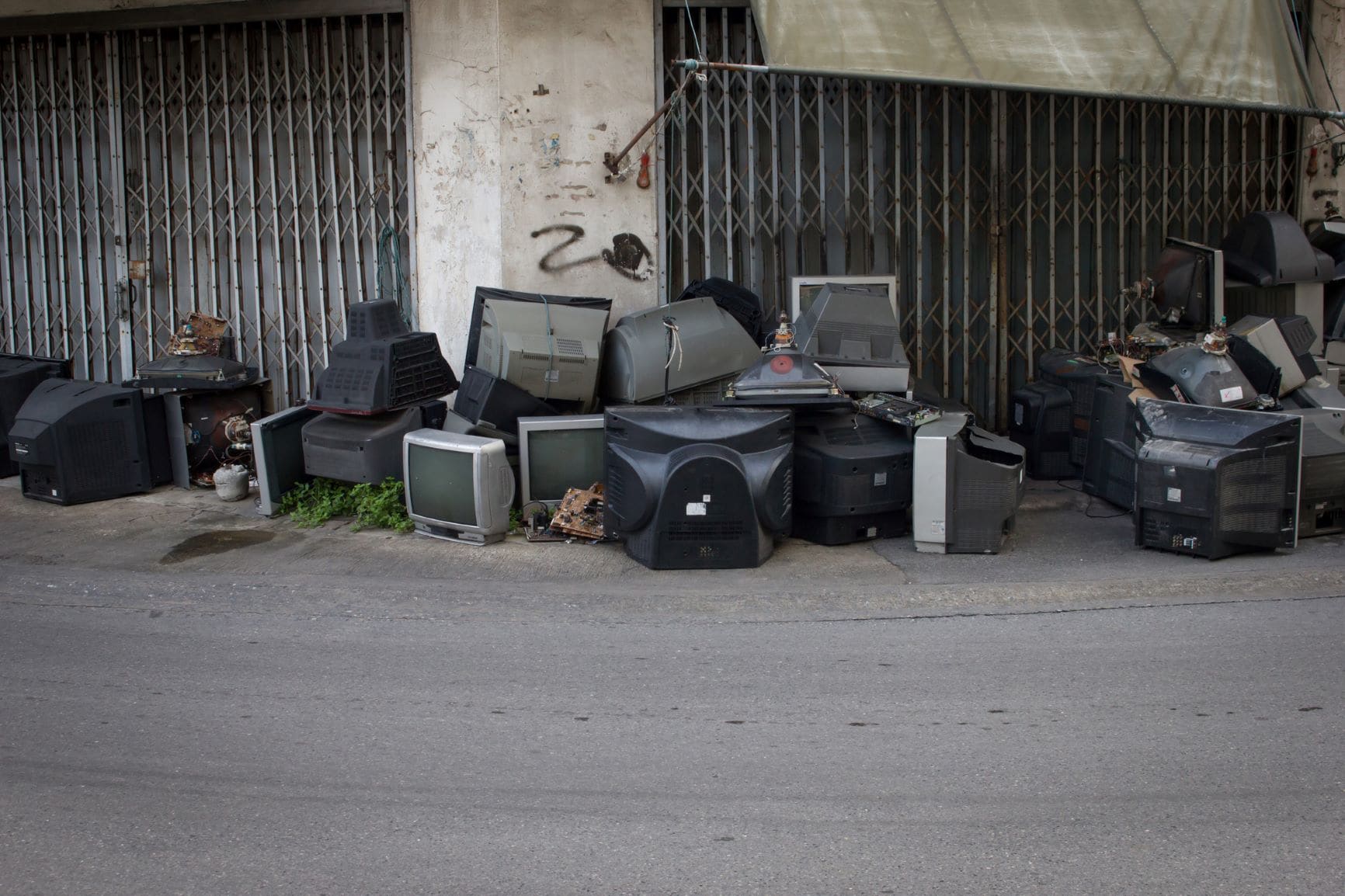Feature Stories

Extended Producer Responsibility in the Not-So-Circular Economy
Rising standards of living around the world have created an appetite for ever greater resource consumption, with manufacturers putting strain on the Earth’s reserves to satisfy this demand. Some experts estimate that by 2050, we will need the equivalent of three planets to provide the natural resources required to accommodate our consumption habits.
Many companies make small improvements to efficiency, even as their output and the eventual waste it creates continue to grow overall. Far too often, businesses are content to pass the cost of pollution and waste disposal onto society.
For manufacturing to be sustainable, corporations need to seriously address these types of externalities as they work toward developing a real circular economy. This means manufacturers must accept extended producer responsibility, where they hold themselves accountable – either financially or physically – for the disposal or treatment of the goods they produce after consumers are done with them.
The current challenges
Most commercial output goes unrecycled. The global rate for plastic recycling, for example, is thought to be only 14 to 18%. There simply aren’t enough end-of-pipe solutions for waste. One of the main obstacles to improvement is that the world, and the ASEAN region in particular, lacks the infrastructure to support proper waste management.
Governments around the world have generally been slow to act, leaving the private sector to try to find innovative solutions that can solve this colossal problem. Yet businesses cannot be relied upon to prioritize waste management unless the cost of not doing so has a serious negative impact on their business.
INSEE Ecocycle taking the initiative
As Thailand’s leading sustainable waste management solutions provider, INSEE Ecocycle supports other businesses on their environmental performance. With a zero landfill solution for companies that have environmental commitment and concern for their reputation, INSEE Ecocycle can help keep our environment clean and help customers do the right thing.
Apart from safely and sustainably disposing of industrial and manufacturing waste, INSEE Ecocycle is also doing its part to plug plastic leakage to the environment. Since 2017, INSEE Ecocycle has mined dumpsites for plastic waste, which is in turn used as refuse derived fuel (RDF) in industrial cement kilns. RDF is environmentally beneficial in two ways: It reduces fossil fuel use, while also enabling the energy in non-recyclable plastics to be harnessed cleanly and safely. In 2019, INSEE Ecocycle produced 109,735tons of RDF from municipal solid waste mined from dumpsites in Thailand. That is equivalent of approximately 10 billion plastic bags repurposed for productive ends.
Sustainability is contagious
When companies take tangible steps to help solve waste disposal problems, others get involved as well.
In addition to its own initiatives (which also include helping school students learn about recycling and sustainable behavior), INSEE Ecocycle is helping all of its business partners improve their own regulatory compliance and environmental performance as well. Our ultimate goal is the creation of a green business network, where waste is kept to an absolute minimum at every stage of the process.
Of course, sustainability leadership does not always need to be a top-down effort. The general public can have a huge impact on how businesses behave. Reputations have always been highly valuable assets, and those reputations increasingly depend on businesses being environmentally responsible.
Issues surrounding sustainability will increasingly come to the center of public (and corporate) discourse. It is essential for the private sector to abandon the wasteful models of the past and embrace extended producer responsibility as an integral part of the circular economy. Pressure from governments and the public will certainly help, but businesses should not wait for government regulation and public opinion to force them into action. They should do what the private sector does best – and innovate.




